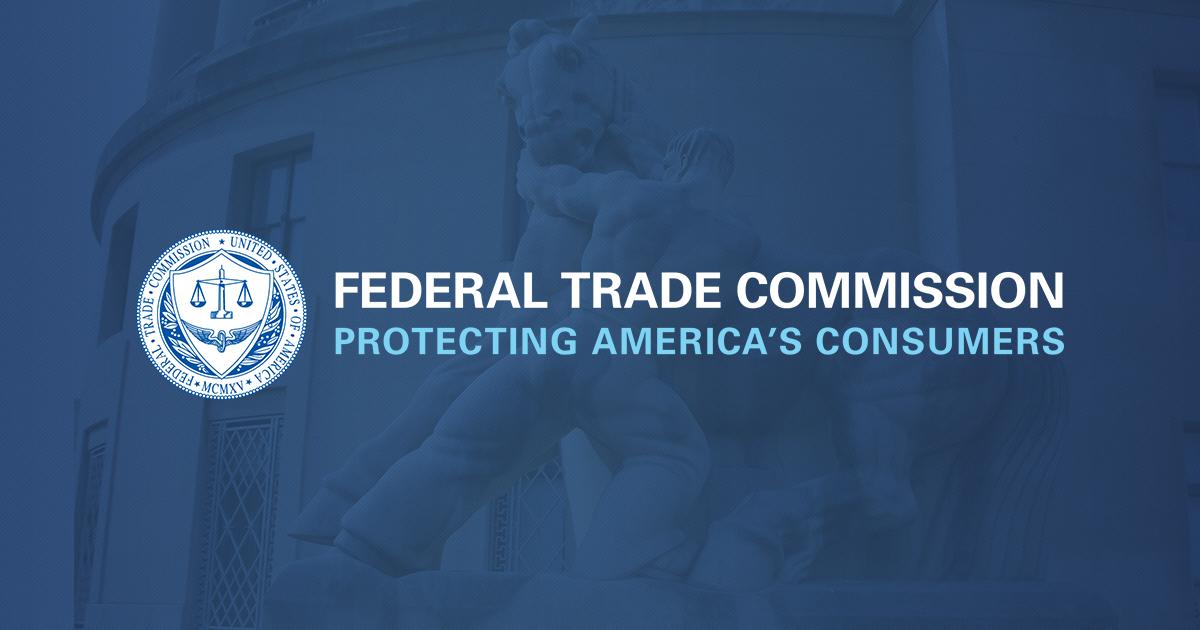Universal Processing Services (UPS) of Wisconsin, LLC, a payment processor, and telemarketer Hal E. Smith and his company HES Merchant Services Company, Inc. (HES), defendants in the Federal Trade Commission’s case against a deceptive robocall credit card interest rate reduction scheme, were jointly ordered to pay $1,734,972 to the Commission by a Florida district court. The money will be used to provide refunds to defrauded consumers.
“The defendants blasted thousands of people with illegal robocalls and lied about helping relieve their credit card debt,” said Jessica Rich, Director of the FTC’s Bureau of Consumer Protection. “Now they’re out of the robocall business. The court’s decision also shows that it’s bad business for payment processors to help scammers take people’s money.”
The final orders announced today against UPS, which did business as Newtek Merchant Solutions, Smith, and HES follow the court’s November 2014 order granting the FTC’s motion for summary judgment against these three defendants who took part in the Treasure Your Success (TYS) scheme. The rest of the defendants had previously agreed to final orders settling the agency’s charges against them.
The court held Smith and HES liable for 11 violations of the FTC Act and the Commission’s Telemarketing Sales Rule (TSR), based on their participation in a deceptive telemarketing scheme purporting to be a credit card interest rate reduction service that used robocalls to solicit consumers. The defendants failed to disclose the identity of the person(s) responsible for placing the robocalls and unlawfully calling numbers that had been registered on the FTC’s Do Not Call Registry.
In February 2015, the court entered a permanent injunction against Smith and HES that includes 20-year bans on robocalls, telemarketing, and marketing debt relief products or services. It also permanently prohibits Smith and HES from making misrepresentations in the sale or marketing of any product or service, including financial products or services, and imposes the $1.7 million judgment.
The court also found UPS liable for “assisting and facilitating” the TSR violations of the other defendants by providing the interface with the banks to handle credit card payments while knowing (or avoiding knowing) of the underlying TSR violations. Among other things, the court found that UPS had ignored numerous red flags that, if properly investigated, would have led UPS to decline TYS as a client. The court imposed the same $1.7 judgment million against UPS.
After the summary judgment ruling, UPS agreed to a settlement permanently barring the company from processing payments for clients whom it knows or should have known: 1) fall into certain categories that have received close industry attention, such as debt relief services; 2) make misrepresentations to consumers; 3) charge consumers without their authorization; and 4) otherwise violate the FTC Act or the TSR. It also requires UPS to put screening and monitoring provisions in place for use when accepting future clients.
The Commission vote approving the proposed stipulated final order against UPS was 5-0. The proposed stipulated final order was entered by the U.S. District Court for the Middle District of Florida, Orlando Division, and has now been signed by the judge.
The following defendants previously agreed to stipulated final orders settling the FTC’s charges against them:
- On September 23, 2013, a permanent injunction against defendants Willy Plancher; Valbona Toska, WV Universal Management, LLC; Global Financial Assist, LLC; and Leading Production, LLC banning them from robocalling, telemarketing, and marketing debt relief products or services;
- On October 6, 2014, a permanent injunction against Ramon Sanchez-Ortega barring him from robocalling and telemarketing;
- On November 19, 2014, a permanent injunction and $25,000 financial judgment against Derek Depuydt, UPS’s former president prohibiting him from acting as a payment processor, independent sales organization, or a sales agent for high-risk clients; and
- Also on November 19, 2014, a permanent injunction against Jonathon E. Warren; Business First Solutions, Inc.; and Voiceonyx Corp. barring them from robocalling, telemarketing, and marketing debt relief products or services.
NOTE: Stipulated final orders have the force of law when approved and signed by the district court judge.
The Federal Trade Commission works for consumers to prevent fraudulent, deceptive, and unfair business practices and to provide information to help spot, stop, and avoid them. To file a complaint in English or Spanish, visit the FTC’s online Complaint Assistant or call 1-877-FTC-HELP (1-877-382-4357). The FTC enters complaints into Consumer Sentinel, a secure, online database available to more than 2,000 civil and criminal law enforcement agencies in the U.S. and abroad. The FTC’s website provides free information on a variety of consumer topics. Like the FTC on Facebook, follow us on Twitter, and subscribe to press releases for the latest FTC news and resources.

